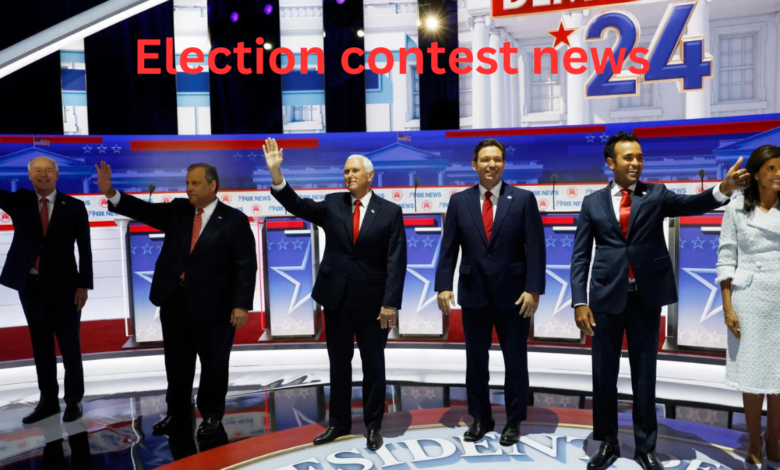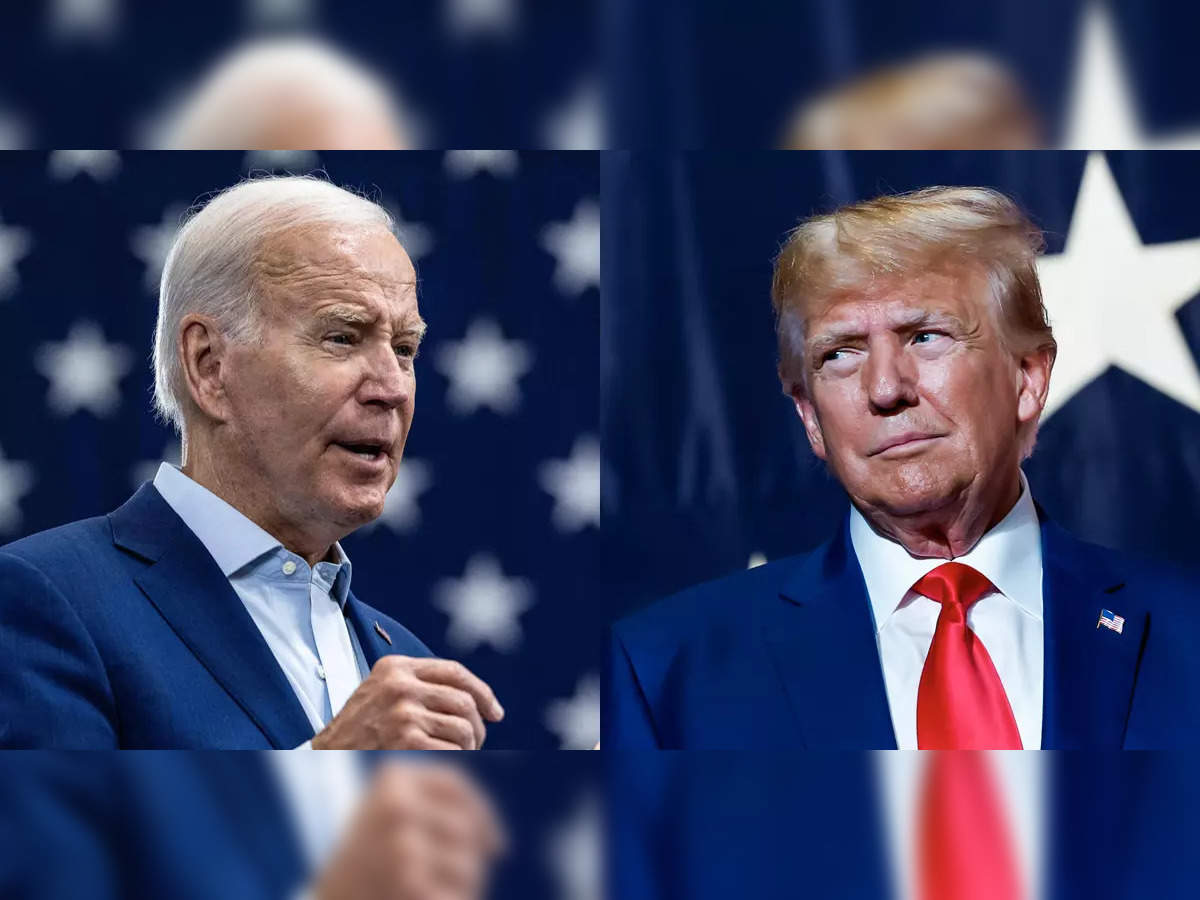Understanding the Dynamics of Election Contest News: An Expert Overview

election contest news are among the most pivotal events in any democratic society. They shape political landscapes, influence policy decisions, and reflect the pulse of the electorate. As election seasons approach, the news surrounding these contests becomes a focal point for media coverage, public discourse, and political analysis. This article delves into the nature of election contest news, exploring its significance, the factors that drive media coverage, and the impact it has on voters and candidates alike.
The Role of Election Contest News in Democracy

Election contest news serves a crucial role in democratic societies by informing the public about the candidates, their platforms, and the electoral process. This coverage helps voters make informed decisions by providing insights into the positions and qualifications of those running for office. Beyond simply reporting on candidates, election news often includes analysis of campaign strategies, debates, and significant endorsements, all of which contribute to shaping voter opinions.
Media outlets play a significant role in disseminating election news. They provide coverage of rallies, interviews, and debates, and often delve into investigative journalism to uncover facts about candidates’ backgrounds and campaign practices. This information is vital for voters who seek to understand the nuances of each candidate’s platform and their potential impact on future policies.
Moreover, election contest news helps ensure transparency and accountability within the electoral process. By reporting on campaign finance, voting irregularities, and other key aspects of the election, the media acts as a watchdog, holding candidates and electoral bodies accountable. This oversight is essential for maintaining the integrity of the election process and upholding public trust in democratic institutions.
Key Factors Driving Election Contest Coverage
Several factors influence the way election contest news is covered and reported. One of the primary drivers is the competitive nature of the election itself. High-stakes races, such as presidential or gubernatorial contests, naturally attract more media attention due to their potential impact on the nation’s direction and governance. The intensity of the competition often leads to heightened scrutiny of candidates’ policies, personal lives, and campaign strategies.
Another significant factor is the role of political advertising and media campaigns. Candidates invest substantial resources in advertising to sway public opinion and gain media coverage. These ads, along with strategic press releases and social media efforts, shape the narrative of the election and influence how news is reported. The media, in turn, often amplifies these messages, creating a feedback loop between campaign strategies and news coverage.
Public interest and engagement also play a crucial role in determining the focus of election news. During particularly contentious or high-profile elections, there is often a surge in public interest, leading to increased media coverage. This heightened focus can result in more in-depth reporting on specific issues, candidate positions, and electoral developments. Conversely, lower-profile races or elections with less public engagement may receive more limited coverage, impacting the amount of information available to voters.
The Impact of Election News on Voters and Candidates
Election contest news has a profound impact on both voters and candidates. For voters, news coverage provides essential information that helps in making informed choices. Detailed reports on candidates’ positions, past performances, and policy proposals allow voters to evaluate who aligns best with their values and interests. The coverage also helps to highlight key issues of the campaign, enabling voters to understand the broader context and implications of their choices.
For candidates, media coverage can significantly influence their campaign’s success. Positive news coverage can enhance a candidate’s public image, boost their credibility, and increase their appeal to voters. Conversely, negative or critical reporting can damage a candidate’s reputation, affect public perception, and potentially derail a campaign. As a result, candidates often employ media strategies to manage their public image and respond to news coverage proactively.
The impact of election news extends to voter behavior and election outcomes. Studies have shown that media coverage can affect voter turnout, sway undecided voters, and influence election results. The portrayal of candidates and issues in the news can shape voter perceptions and attitudes, contributing to the overall dynamics of the election. This underscores the importance of accurate and balanced reporting in ensuring that voters have access to reliable information.
Challenges and Criticisms in Election News Reporting
Despite its importance, election contest news is not without its challenges and criticisms. One major concern is media bias, where news coverage may favor certain candidates or viewpoints, leading to skewed representations of the electoral process. This bias can affect public perception and undermine the credibility of the news. To address this issue, media outlets must strive for balanced and objective reporting.
Another challenge is the phenomenon of sensationalism, where news stories focus on dramatic or controversial aspects of the election rather than substantive issues. Sensationalist reporting can divert attention from important policy discussions and contribute to a superficial understanding of the candidates and their platforms. This can lead to voter confusion and disengagement, impacting the overall quality of the electoral process.
Additionally, the rise of digital and social media has introduced new complexities into election news coverage. While these platforms provide opportunities for broader dissemination of information, they also contribute to the spread of misinformation and fake news. Ensuring the accuracy and reliability of information in the digital age is a critical challenge for both media organizations and voters.
Looking Ahead: The Future of Election Contest News
As technology and media continue to evolve, the landscape of election contest news is likely to undergo significant changes. The increasing influence of digital and social media will continue to shape how election news is reported and consumed. This shift may bring both opportunities and challenges, such as the potential for greater engagement with voters and the need to address concerns about misinformation.
Future developments in election news reporting will likely focus on enhancing transparency, improving fact-checking mechanisms, and fostering more informed voter engagement. Media organizations will need to adapt to changing technologies and audience expectations while maintaining their commitment to accurate and balanced reporting.
In conclusion, election contest news plays a vital role in democratic societies by informing voters, shaping public perceptions, and influencing electoral outcomes. Understanding the dynamics of election news, the factors driving coverage, and the impact on voters and candidates provides valuable insights into the electoral process. As we look to the future, addressing the challenges and embracing new opportunities in election news reporting will be crucial for maintaining the integrity and effectiveness of democratic elections.
